Text
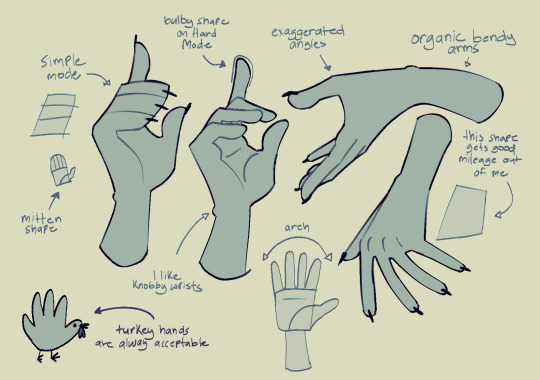
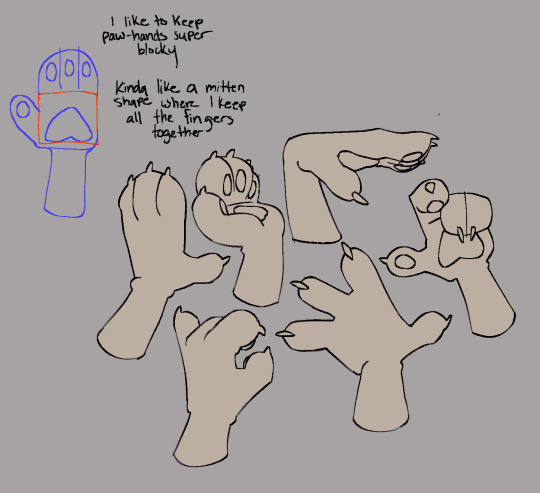
Someone asked for another hand tutorial and i once again failed to deliver the tutorial part
13K notes
·
View notes
Video
youtube
All That I Got Is You (Cover) RZAxGHOSTFACExdapraDan #IYKYK
0 notes
Photo
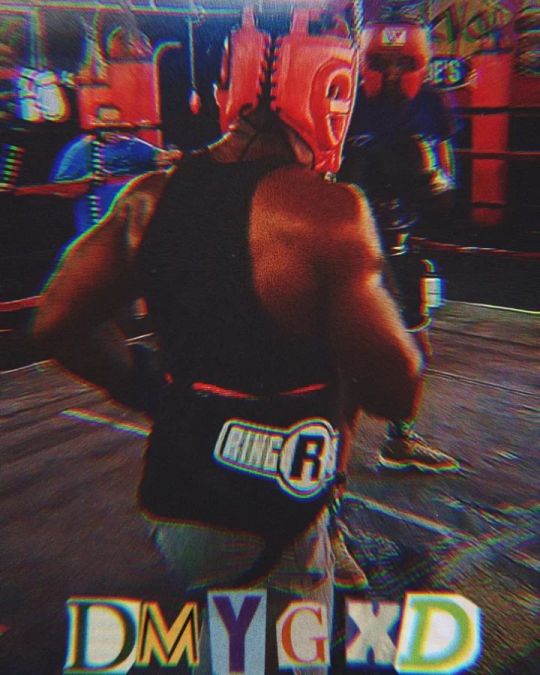
Getting some work in with tha homie @iam_teamtalley Damn I miss this gym. Another day in the office https://www.instagram.com/p/CatdoQxu8uG/?utm_medium=tumblr
4 notes
·
View notes
Text
Watch "Mike Tyson’s Problem With Having S*x" on YouTube
#Guilty
9 notes
·
View notes
Video
132K notes
·
View notes
Text
Catch the wave now #NoBandwagonz
#billionarelifestyle#new youtube videos#new your city#breaking news#planetROCRecords#makemoneyonline#coronavirus#fypage#best#bbc#sexy af#kanye yeezy#drake#nbayoungboy#jcoletypebeat#kendrick lamar#jay z#nas#beyonce#travis scott#loxvsdipset#camron#jadakiss#styles p#38 spesh#griselda#Spotify
12 notes
·
View notes
Photo
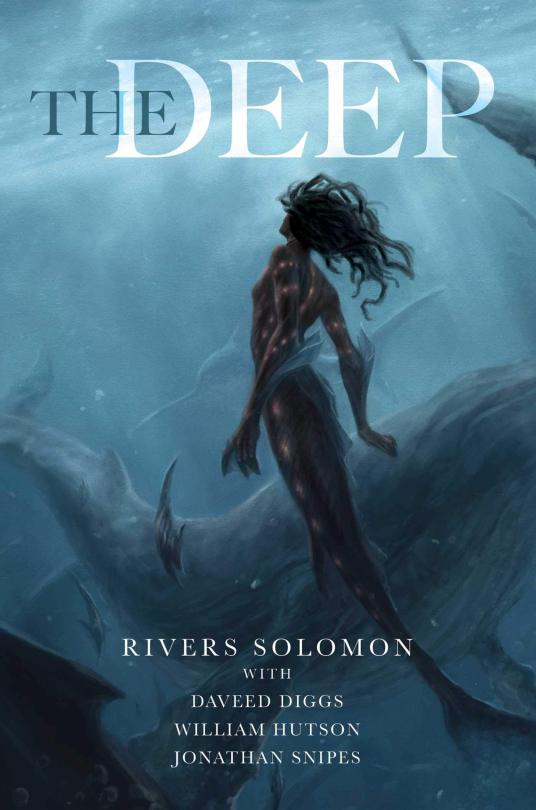
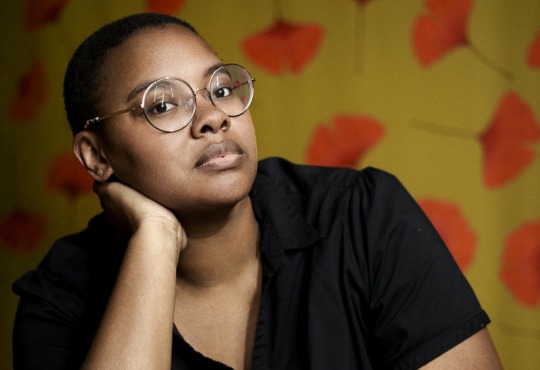
The Deep (2019)
The water-breathing descendants of African slave women tossed overboard have built their own underwater society—and must reclaim the memories of their past to shape their future in this brilliantly imaginative novella inspired by the Hugo Award–nominated song “The Deep” from Daveed Diggs’s rap group clipping
Yetu holds the memories for her people—water-dwelling descendants of pregnant African slave women thrown overboard by slave owners—who live idyllic lives in the deep. Their past, too traumatic to be remembered regularly, is forgotten by everyone, save one—the historian. This demanding role has been bestowed on Yetu.
Yetu remembers for everyone, and the memories, painful and wonderful, traumatic and terrible and miraculous, are destroying her. And so, she flees to the surface, escaping the memories, the expectations, and the responsibilities—and discovers a world her people left behind long ago.
Yetu will learn more than she ever expected to about her own past—and about the future of her people. If they are all to survive, they’ll need to reclaim the memories, reclaim their identity—and own who they really are.
by Rivers Solomon (Author), Daveed Diggs (Author), William Hutson (Author), Jonathan Snipes (Author)
Get it now here
Rivers Solomon is the author of An Unkindness of Ghosts, and was a finalist for the John W. Campbell Award finalist for Best New Writer. They graduated from Stanford University with a degree in comparative studies in race and ethnicity and hold an MFA in fiction writing from the Michener Center for Writers. Though originally from the United States, they currently live in Cambridge, England, with their family. Find them on Twitter @CyborgYndroid.
Daveed Diggs is an actor, singer, producer, writer, and rapper. He is the vocalist of the experimental hip hop group Clipping. Diggs originated the role of Marquis de Lafayette/Thomas Jefferson in the 2015 musical Hamilton by Lin-Manuel Miranda which he won a Grammy and Tony for. He also cowrote, produced, and stars in the film Blindspotting. Find him on Twitter @DaveedDiggs.
William Hutson is a composer, known for Room 237 (2012), The Mayor (2017), and Ten Minutes Is Two Hours (2013). He is part of the rap group Clipping. Find him on Twitter @Clppng.
Jonathan Snipes is a composer and sound designer for film and theater living in Los Angeles. He occasionally teaches sound design in the theater department at UCLA, and is a member of the rap group Clipping. Find him at Jonat8han.com.
[SuperheroesInColor faceb / instag / twitter / tumblr / pinterest / support ]
15K notes
·
View notes
Link
This is such a great article on why and how staying humble is the best way for writers (or artists) to be successful at what they do. As the author argues:
[In] order for me to be happy as a writer, I’ve had to learn a lot of humility. I’ve had to reform my expectations for my writing life and get a better sense of my skills.
Now for some of you, you might feel squirmy about my use of the word humility. You think that humility is someone who is a doormat, who constantly underestimates their own talents, who doesn’t assert themselves.
I don’t think that’s humility at all.
There are two mistakes you can make in regards to humility and pride.
To think of yourself in very lofty ways. This is the person who never takes other people’s workshop advice on their story. This is the person who doesn’t read very much because they don’t want to pollute their genius brain with other people’s ideas. This is the person whose Twitter feed is filled with snarky take-downs of the greatest writers of our age. This is the person who gets personally offended when they get a rejection.
To think of yourself in lowly ways. Woe is me, I suck. This is the person who never sends out to literary magazines or agents or publishers because they’re scared of rejection. This is the person who critiques themselves in person and online, and who sometimes won’t even admit they’re a writer to their friends or family members.
But humility is neither thinking about yourself too lofty or too lowly.
Humility is about thinking about yourself … rightly. A correct assessment. An accurate assessment.
Are you a good judge of how talented you are? You often aren’t. I think writers are often misjudging how talented or untalented they are. They think they’re brilliant or that they suck. And that disconnect is often a form of pride. And here is the real kicker: that misjudging of your talents is probably the main thing holding you back in your writing career.
Because listen to me: if you think too highly of yourself, you will submit to literary magazines and agents and publishers that you’ll never land. You will be angry that you’re not getting the credit you think you deserve and you’ll burn out and fail because you’re overestimating yourself.
And if you think too lowly of yourself, you won’t put yourself out there enough. You won’t roll the dice often enough to allow for luck to take place. You won’t write enough, or submit enough, and this will sabotage your career.
More importantly, humility is not thinking about yourself too much at all.
Back at the beginning of this post, when I talked about how I decided to become a writer, it was all about me. I was thinking that I had something to say, that I was smart, that I was going to be great at this.
That focus on myself is the essence of pride.
You know what the humble writer is focused on?
They are focused on praising other writers.
They are not competing with fellow writers, they are working hard to encourage them.
They are building communities of writers.
They are buying friends’ books (New books, not used books!).
They aren’t jealous of other writers.
They are focused on providing pleasure for their readers.
If you focus on other writers and on your readers rather than constantly thinking about your own career, and can be happy for others and try to help others, that’s the essence of humility.
Emphasis is the author’s in this extract (it’s a slightly longer piece than the relevant parts I’ve quoted here), but I’ve included the bolding as they’d be mine as well.
But like the author says, being humble about your writing does NOT mean thinking too low of yourself. It’s about not focusing on yourself so much, not thinking about yourself so much: it’s about focusing on your readers and supporting others.
77 notes
·
View notes
Photo

Your body is younger than you.
No matter how old you are, most of your body is less than 10 years old, because your cells are always recycling themselves.
The epidermis recycles every 2-4 weeks, red blood cells are replaced every 4 months, and your skeleton turns over every 10 years.
(Source, Source 2, Source 3)
2K notes
·
View notes
Photo

X-rays were discovered by accident.
While experimenting with cathode rays covered by thick cardboard in 1895, Wilhelm Röntgen noticed a light being cast on a fluorescent board across the room. The first X-ray was of the hand of his wife, who saw the image of her bones and exclaimed ‘I have seen my death!’
So he named them X-rays, using an ‘X’ to represent their mysterious nature.
(Source, Source 2, Source 3)
1K notes
·
View notes
Photo

Risk-taking is contagious.
Studies show you’re more likely to take a risk on something if you see someone else do it first, even if you don’t know the outcome of their choice.
(Source, Source 2, Source 3)
1K notes
·
View notes
Photo

In Japanese culture, the dream that you have on the night of January 1st is believed to predict whether you will have good or bad fortune in the coming year.
(Source, Source 2)
1K notes
·
View notes












